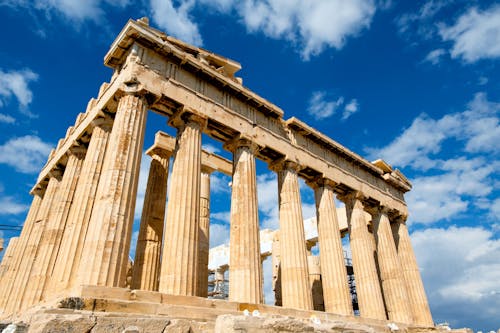The School of Mathematics of the University of Edinburgh and Public Health Scotland invite you to participate in the Edinburgh Undergraduate Operational Research Challenge. The challenge is to design a solution for a practical problem using operational research. If you are interested in using numerate techniques to solve practical problems and enable decision-makers to execute better decisions and make a difference for society, then this challenge is for you!
AOPP are holding an Online Open Day on Tuesday 3rd December 2024 from 13:30-16:00.
Find out more about DPhil (PhD) opportunities in the Atmospheric, Oceanic & Planetary Physics sub-department at the University of Oxford. Join us to meet supervisors as well as some of our postdocs, and hear brief talks on their research. There will also be drop-in sessions with supervisors and current students, with ample opportunity for you to ask questions.
Mathematrix: Short Talks by Postgraduates
Abstract
Come along to hear from several PhD students and PostDocs about their research. There will also be a Q&A about doing a Master's/PhD and a chance to mingle with postgraduate students.
Speakers include:
- Shaked Bader, DPhil Student in Geometric Group Theory,
- Eoin Hurley, PostDoc in Combinatorics,
- Patricia Lamirande, DPhil Student in Mathematical Biology



